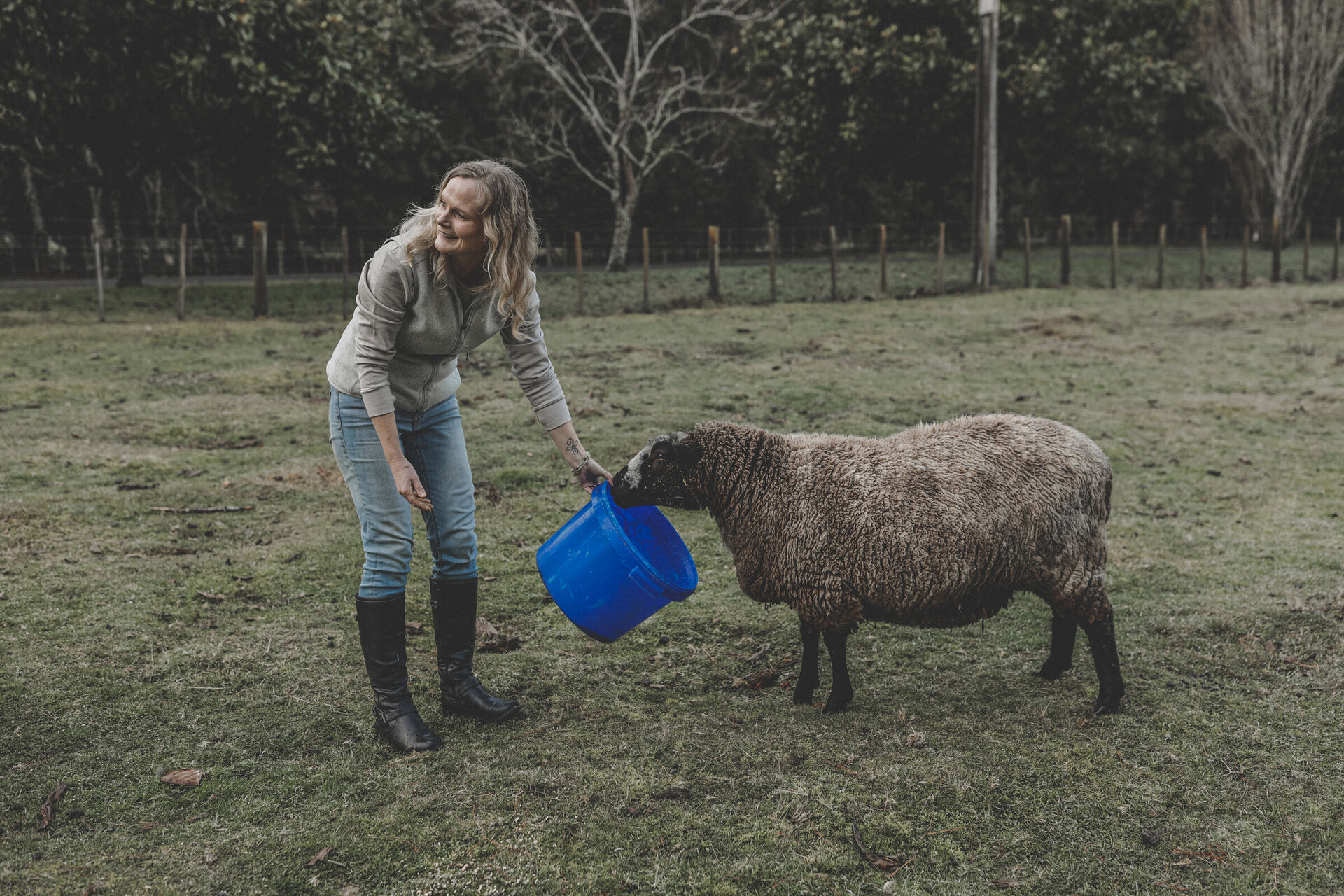Worms in our animals (domestic and farm) are generally very common and if left untreated can cause serious health problems further down the track.
How do dogs/pups get worms?
Dogs can pick up intestinal worms in areas where an infested dog (or other animal) has shed the larvae or worm eggs. Dogs that like to hunt and eat wild prey (mice, rabbits, birds) are more at risk of picking up worms. Dogs can pick up worms by eating soil, grass and feces that are contaminated with worm eggs. More commonly contaminated areas are walking paths, dog parks and doggy daycares.
Roundworms and hookworms can be passed on from the mother to the pups via the milk. Unborn pups can also get worms from the placenta. Rabbit poop is also a big one for pups; if you do have rabbits keep your pup away from their pen/cage and remove their poop!
Dogs of all ages can get worms, however puppies are more susceptible as they tend to put everything and anything in their mouth!
Below are the types of worms that your dog/pup can get.
Roundworms (transmitted by eating worm eggs)
Hookworms (transmitted by eating worm eggs)
Whipworms (transmitted by eating worm eggs)
Tapeworms (less common as the eggs must first pass through an intermediate host before they can become infectious.
Heartworm (dogs can only get heartworms through the bite of an infected mosquito. Heartworm disease is not contagious, meaning that a dog cannot catch the disease from being near an infected dog).
Below are some of the more common indications that your dog/pup may be suffering from worms.
They may itch their anal region
Tend to "scoot" along on their bottom
Irritable, cross and short-tempered
May bury/rub their nose into things
You will see worms in their faeces or around the anal region
Generally very hungry but with no weight gain
Grinding of the teeth
Bloated abdomen
Generally they will appear worse at night, in the sun
Will appear better for moving around but worse for touch
There are many tried and tested natural worming treatments however the best natural defense is a strong immune system. Your dog’s antibodies can attack and destroy worms on their own.
There are a number of homeopathic remedies that can help assist the removal of worms by stimulating and supporting the dogs/pups own natural immune system. Over time these remedies may also help increase resistance to intestinal worms and repeated infections.
We administer homeopathic worming remedies around the full moon. This is because our dogs circadian rhythm responds to the moon’s cycle. During the full moon the dog’s serotonin (“feel good” neurotransmitter) increases. Parasites love serotonin as it allows them to be more active. Because they are more active they detach and move around the body. Once they are detached it makes them easier to dispel, hence why we worm around the full moon!
So what homeopathic remedies can you use to worm your dog/pup?
At Wild Remedy we have a combination remedy that covers the common parasite complaints.
Purchase your homeopathic worm remedy here:
https://www.wildremedy.co.nz/shop/product/650099/worm-support-cats-and-dogs/



